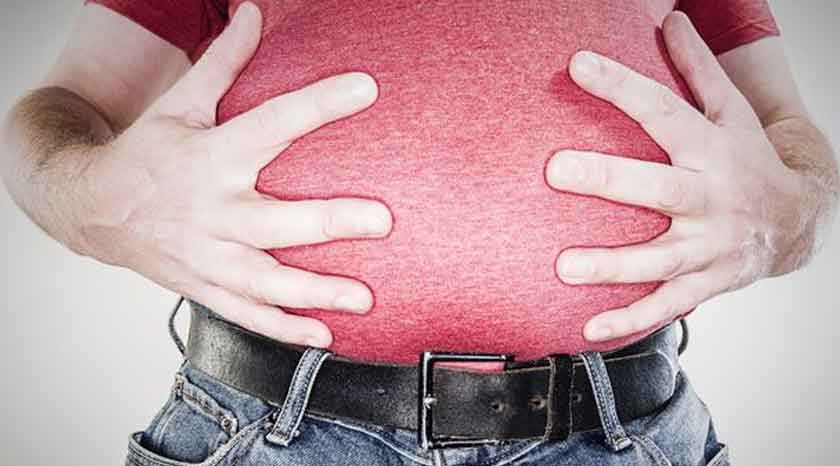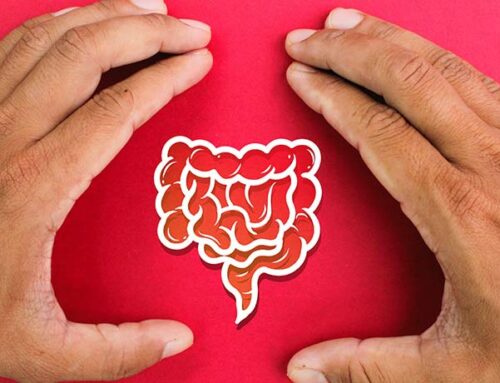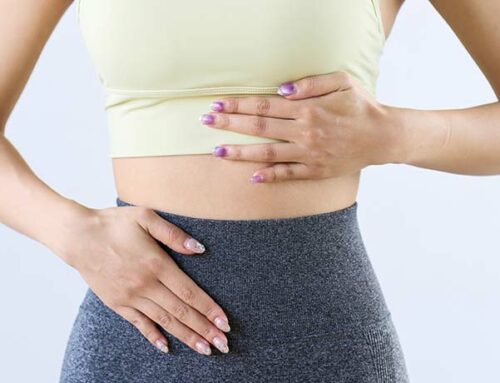Carbohydrates, fats, and proteins can all be triggers of bloating. However, there are certain foods that may be worse than others and cause uncomfortable digestive issues like bloating.
Here is a list of a few of them. You don’t have to avoid these foods, just try eating one at a time and determine they cause bloating. If so, limit that particular food especially when combined with another that produced the same effect.
- beans
- apples
- cruciferous vegetables such as broccoli, cauliflower, and cabbage
- dairy products
- lettuce
- onions
- peaches and pears
Also remember these 2 important facts:
1. Watch your fiber intake:
We are told to make sure we get enough fiber but some Fibrous foods such as whole grains, beans, and legumes can be a common cause of bloating. While these foods are promoted as healthier than their refined counterparts, their high-fiber content leads to bloat in some people.
Because our digestive system can’t break down insoluble fiber, the fiber enters the latter stages of our digestive system intact. There, probiotics eat it, and as that happens the fiber ferments as well as pulls water into our intestines. That fermentation—which occurs quickly despite sounding like something that takes months, not minutes or hours—creates gas. Oddly enough, it isn’t considered a bad thing when the cause of gas and bloating is fiber—instead, it’s considered a normal part of the process. That said, it certainly isn’t an experience most of us are comfortable with or want as a part of our days.
2. Control the salt shaker
By now, you know that eating too much salt can cause a slew of long-term health problems, including high blood pressure. In the short term, an extra salty meal may lead to water retention, which causes bloating.
The American Heart Association (AHA) recommends that the daily sodium intake for all Americans should ideally be less than 1,500 mg per day, and no more than 2,300 mg daily.
Here are a few examples of meals and drinks and their sodium level.
- Sport Drinks (108 – 271 mg)
- Breakfast sandwich (804 mg)
- Tuna Salad (824 mg)
- Chicken Sandwich (957 mg)
- Ham Sandwich (1 cup of ham) (1,684 mg)
- Gatorade (20oz) 270 mg
- Soda (varies) 55 mg – 80 mg
- Lean Cuisine (340-900 mg)
- Mac and Cheese (869 mg)
- Pasta Salad (900 mg)
- Chicken Soup (343 mg)
- Burger (497 mg)
- Fries (246 mg)
- Spaghetti and Meat Sauce (1,887 mg)
So as you can see almost 1 of these meals and a drink reaches the “daily suggested sodium intake”.
Low sodium foods include:
Fresh, frozen or dried fruits: Berries, apples, bananas, pears, etc. Grains and beans: Dried beans, brown rice, farro, quinoa and whole wheat pasta. Starchy vegetables: Potatoes, sweet potatoes, butternut squash and parsnips. Fresh or frozen meat and poultry: Chicken, turkey, beef or pork.
What can you do to PREVENT and RELIEVE symptoms of Bloating?
Studies have proven significant benefits of probiotics in treating IBS symptoms, including reducing bloating. The regular use of probiotics promotes healthier, regular stool which could in turn help to reduce constipation and gas that can cause bloating.
You can avoid excess sodium in your diet by using flavorful herbs instead of salt, and by reducing the amount of processed and packaged foods you eat.
Biom’s high-strength microbiome supplement works especially well for those with demanding gastro-intestinal tract issues. Equipped with advanced probiotics and Biom’s 3-in-1 TriBiom technology, every capsule is comprised of a prebiotic, probiotic, and an immunobiotic. Each of which offers distinct advantages for the digestive tract.





